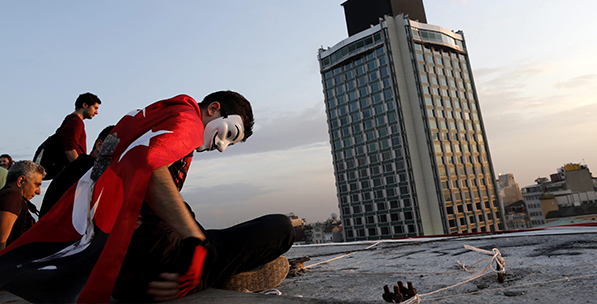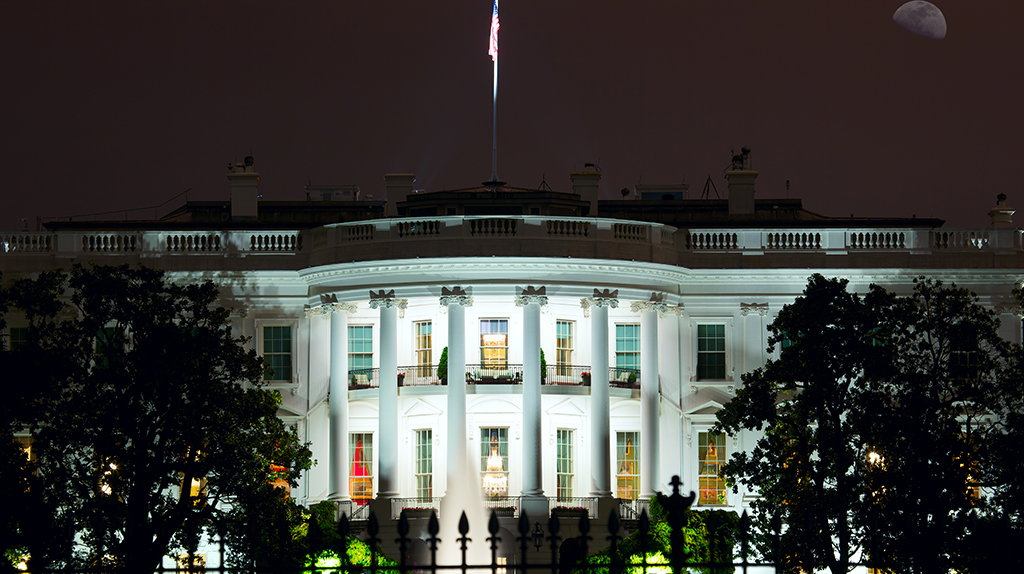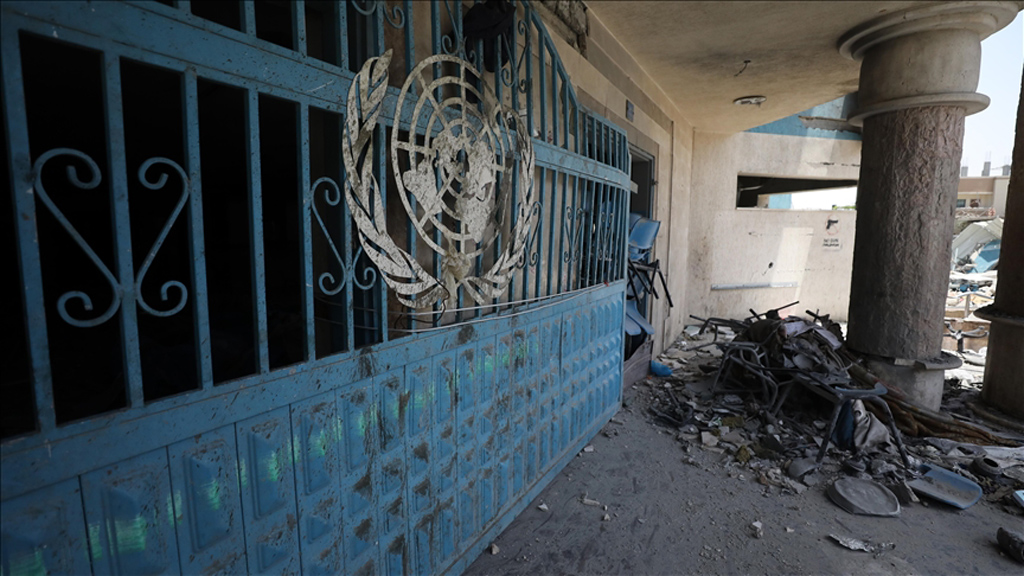As we are at the first anniversary of the "Gezi Park" incidents that truly shocked the whole nation, it seems imperative to take stock of the critical 12 months that have elapsed since then from an economic perspective. In the political and economic history of Turkey, the "post-Gezi" period which included unorthodox attempts to topple the incumbent AK Party government through street violence and later via a judicial coup d'état on Dec. 17, will certainly be recorded as one of the most critical historical epochs and in particular the period between the Gezi incidents and March 30, 2014 local elections.
The country has gone through one of the most turbulent periods in her recent history during which the image of politicaleconomy stability was seriously shaken but not destroyed.
Economically speaking, everything seemed just fine on the eve of the Gezi protests which started in the form of innocent environmentalist activism in May 2013 and quickly turned into a violent revolutionary endeavor. Turkey had successfully weathered the storm of the global financial crisis, the impetus of economic growth was restored, interest rates were at historic lows and there were no visible risks for the real economy. Building on these positive fundamentals, the Credit Rating Agency Fitch raised Turkey's ratings to (BBB-), a level indicating a positive international investment atmosphere and global recognition of the economic prospects of the country for the first time in decades.
Then came the critical developments in the global economy led by the declaration of the U.S. Federal Reserve (FED) concerning the gradual withdrawal of quantitative easing and news of worsening economic performances of emerging markets led by China. These negative external signals, associated with the social unrest triggered by Gezi protests, quickly changed the perception of political/economy stability in Turkey which was reflected in the rapidly rising Credit Default Swap (CDS) levels. So much so that CDS levels, which are commonly used to gauge investment risks in a particular country started from historic lows for Turkey under 150 points and following the Gezi incidents and politically motivated judicial operations on Dec. 17 reached record levels above 250 points.
This radical and unrealistic deterioration in the global perceptions of investment risks in Turkey was one of the fundamental economic costs of the post-Gezi period as it had an effect in the reduction of FDI inflows into the country.
The follow-up to the "perceptive operation" toward Turkey was realized with the judicial operations on Dec. 17 and 25, 2013 and the following media bombardment concerning alleged involvement of political figures in graft and corruption cases.
While the Gezi incidents were designed to trigger widespread social unrest and stimulate a milieu for social and economic crisis, the Dec. 17 operation was more politically motivated and directly targeted top echelons of the AK Party leadership.
But they altogether exerted a negative influence on Turkey's growth prospects through rising exchange rates, increasing interest rates and the cost of public-private borrowing, and delaying direct investment decisions and reduction in the capacity of employment creation. There are different estimates concerning the exact economic costs of the Gezi and Dec. 17 processes, but AK Party Deputy Chairman Numan Kurtulmuş stated that the political instability created by the Dec. 17 operation produced an economic bill totaling nearly $70 billion (TL 146.5 billion) and Deputy Prime Minister Ali Babacan stated that only the immediate impact on Istanbul stock exchange was near $46 billion.
Another negative repercussion of the Gezi-Dec. 17 incidents for the Turkish economy was that due to worsening conditions of foreign financing, the country's structural balance of payments deficit was presented as a major source of national risk.
Very quickly, Turkey, which was presented by famous economist Jim O'Neill as one of the rising econom







